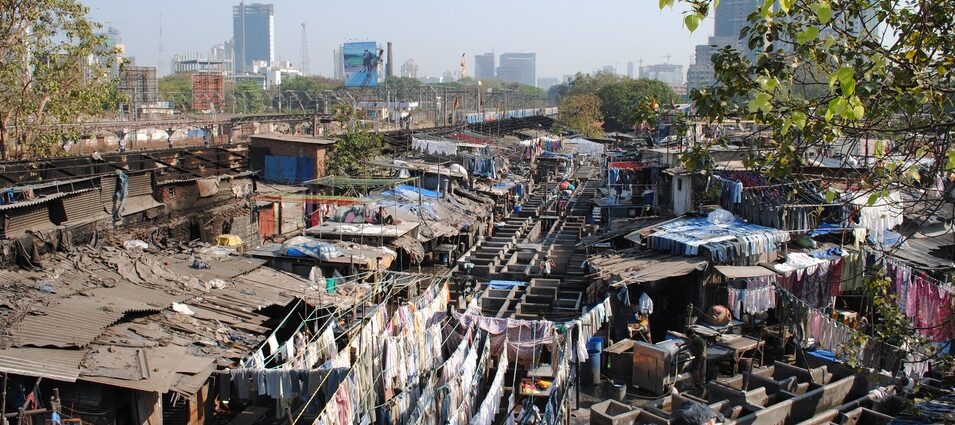Economic growth and urbanization are integrally related. Cities are the primary engines of global economic activity, generating over 80 percent of the world’s GDP. Cities offer huge potential to create jobs, foster innovation and creativity, attract investment, and raise incomes—thereby including more citizens in increased growth and prosperity than ever before.
Unlocking the Economic Potential of Cities
The fundamental economic advantage urban areas offer is the potential for greater efficiency brought about by population density, talented human capital, and access to resources. These economies of scale increase labor productivity and enable private sector growth.Similarly, educational and medical institutions located in urban areas can operate on a larger scale to provide more specialized services.
Economies of scale can also apply to the delivery of essential services, such as electricity, water, sewage, and waste management. As cities develop the infrastructure and systems to deliver essential services, it becomes increasingly economical to provide public goods.
Cities also play a key role in facilitating the trade that drives rapid economic growth in the developing world, while vibrant urban markets create a conducive environment for entrepreneurial innovation.
In short, cities tend to be economically productive, provided the right enabling conditions are in place.
Challenges
In many cities, rapid growth is outstripping the capacity of municipal governments to provide essential services, in turn preventing governments from capitalizing on economies of scale. In sub-Saharan Africa, this has been attributed to multiple factors including inadequate urban management practices, a lack of investment in human capital, insufficient integration with the global economy, and urbanization driven by exports of natural resources and consumption rather than agricultural productivity and industrialization.
USAID’s Approach
While no uniform set of interventions or policy prescriptions will be appropriate for every city, USAID works with city-level actors to identify and remove barriers and lay the groundwork for economic growth. This includes promoting accountable local governance, mobilizing private capital, and building local capacity. Through capacity-building efforts, for example, USAID helps municipalities deliver services more effectively, develop strategic growth plans, secure property rights, mobilize revenue, and streamline regulations.
Other areas of focus for USAID include:
- directly supporting private firms or other non-governmental actors;
- helping local firms and governments gain access to financing, such as loan guarantees;
- assisting in building urban infrastructure; and
- supporting city-to-city partnerships.

Key Resources
Urban Programs in the Philippines: A Snapshot
Advancing Capacity for the Environment (ACE) Fact Sheet
Raising Public Engagement in Coastal Heritage Areas
Assessment of the Business Enabling Environment in Cities Development Initiative Cities
Accelerating Economic Growth Through Structural Reform
Guatemala Urban Municipal Governance Project Political Economy Assessment
Urbanization Infographic
Econ + Urban: Professor Ed Glaeser Speaks on Economic Governance for Urban Landscapes
Insights & Updates
Environmental Defenders Working to Reduce Pollution and Waste in the Urban Space Annual Program Statement

Shifting Gears: How USAID is Improving the Quality of Air and Life by Introducing Electric Vehicles in Pakistan

Best of 2022 – Ocean Plastics at USAID

Best of 2020 – Ocean Plastics at USAID
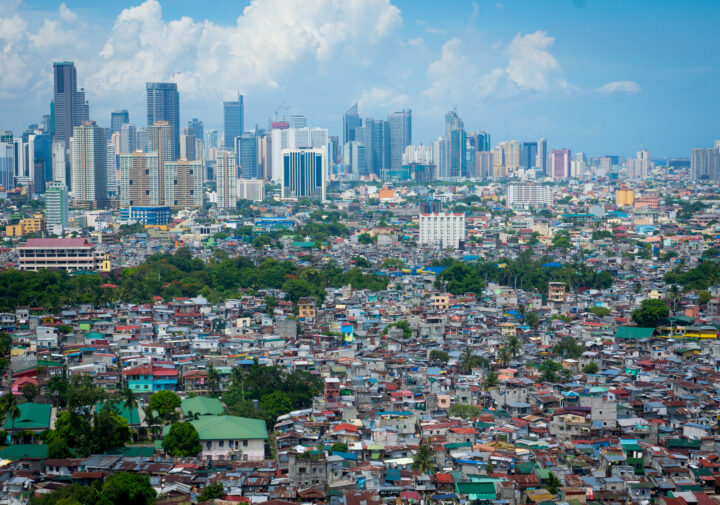
Seven Ways USAID is Working with Cities
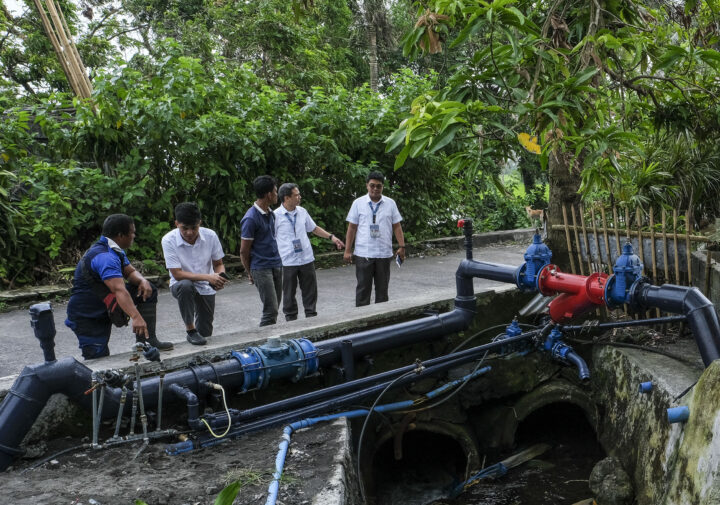
Sustainable water services amid disasters in Philippines
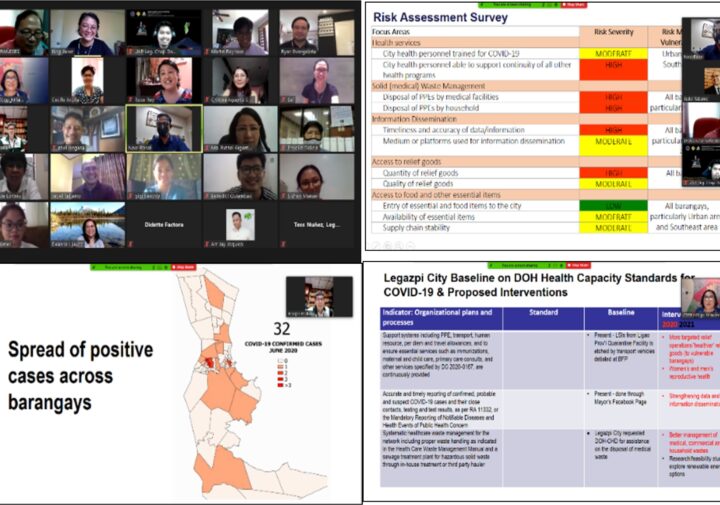
Cities undertake COVID-19 response and recovery planning with the help of USAID
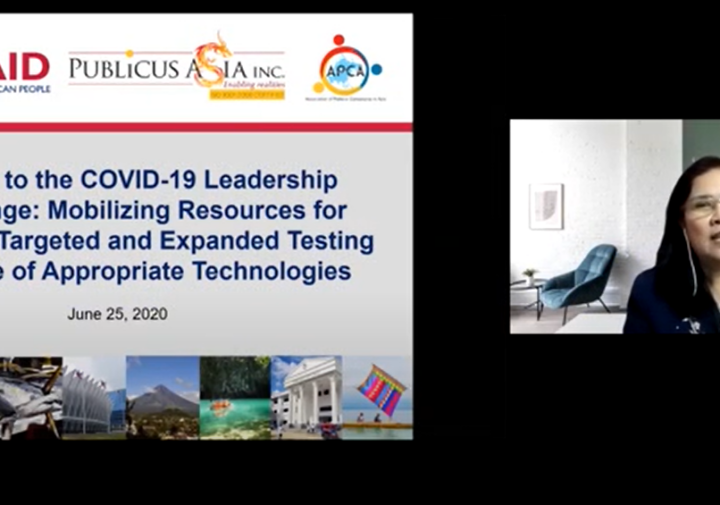
USAID showcases best practices of urban cities during COVID-19 pandemic

Holy Name University launches new urban development learning program
Projects
